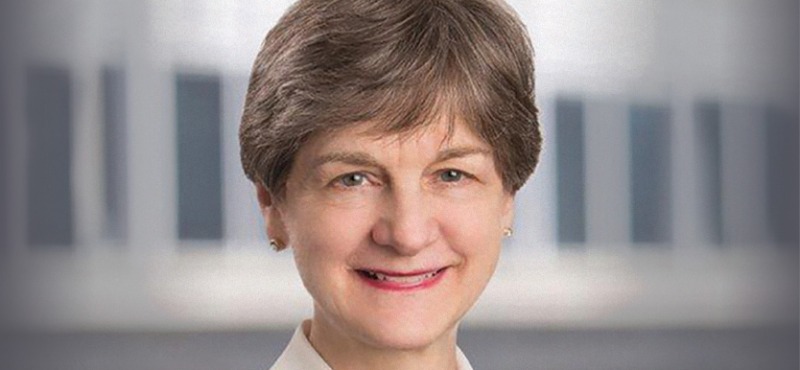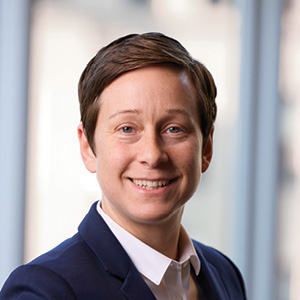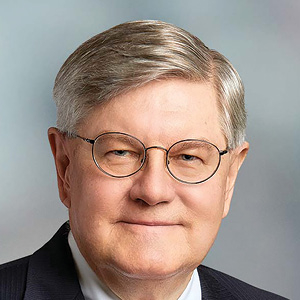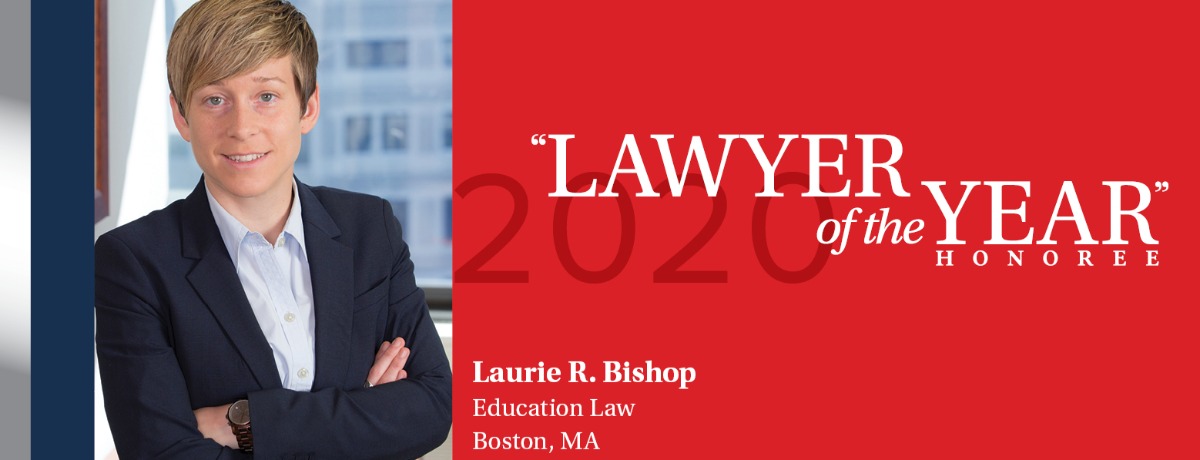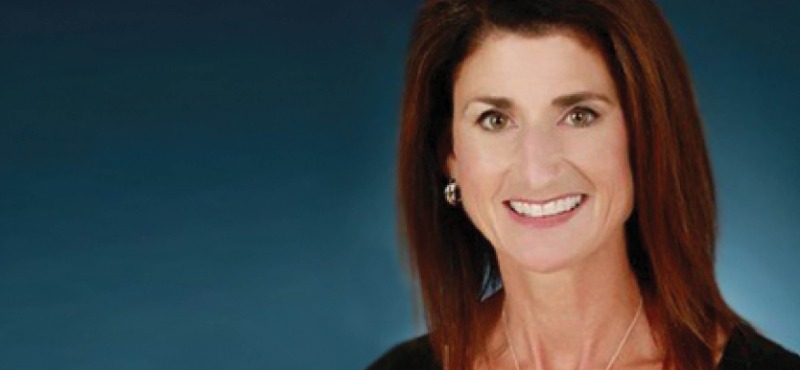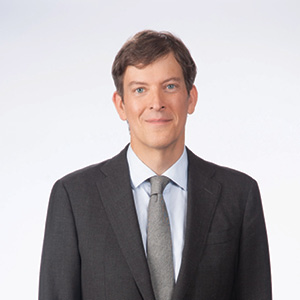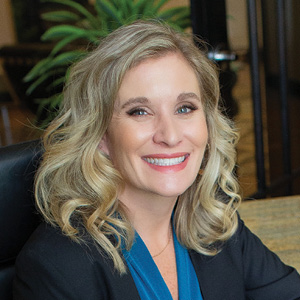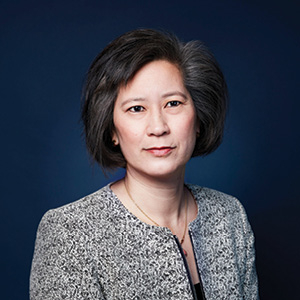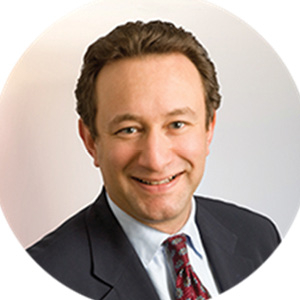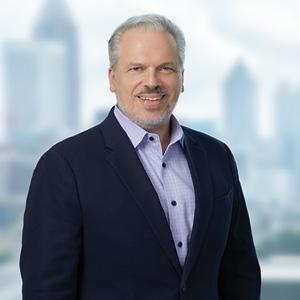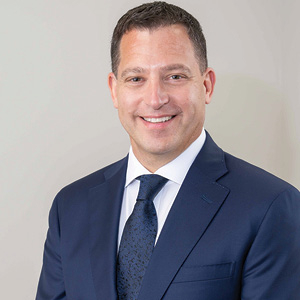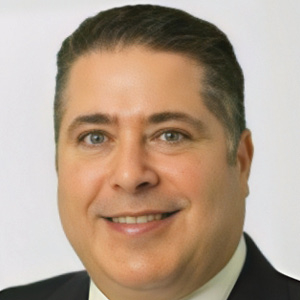When lawyers discuss how they came to find their practice area, many defer to good luck: arriving at a firm that is just launching a new practice or being pointed in a certain direction by a mentor. So was the case of Elizabeth Meers, a partner at Hogan Lovells and winner of the 2019 “Lawyer of the Year” award for Education Law in Washington, D.C. “I joined Hogan Lovells, and David Tatel—who is now a judge on the U.S. Court of Appeals for the District of Columbia circuit—had recently started an education practice after serving in the Carter administration as the Director of the Office for Civil Rights at what was then the U.S. Department for Health, Education and Welfare,” Meers said of her start at Hogan Lovells. “I had the good fortune to work with him early on in my career at the firm and really loved the work. It worked out, and I’ve been doing it ever since.”
At Hogan Lovells, Meers and her fellow attorneys in the Education Law group represent institutions from elementary level through higher education and clients include school districts, foundations, research universities, and education technology companies, an area in which Meers sees as a trend of growth. “I think education technology is taking an increasingly important role in elementary, secondary, and higher-education levels: distance education programs certainly, but also all kinds of technological solutions to various challenges in the education system.” Technology can bring new opportunities to students and educators, but with it comes a host of new and complicated legal considerations. Indeed, keeping up with regulatory issues and ensuring compliance is one of the biggest challenges Meers says she and her peers face.
Good fortune might play a role in finding your niche in a broad and competitive industry, but luck alone won’t keep you there—or help you thrive. According to Meers, a respect for the work you’re doing and the people and institutions your work benefits makes an attorney particularly suited to her field. “I believe in the mission of our clients; it’s a pleasure to be able to assist them in achieving it,” she says. “I think just a strong interest in education and the value that it brings to people in our society—that kind of commitment is the main thing.”
